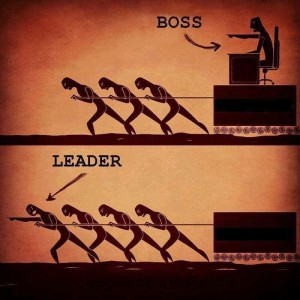People do not learn from success; instead, they learn from failure. All failures teach something, but some failures teach much harsher lessons. Every organization must allow some room for individuals to challenge their skills and succeed or fail, and success is rewarded but failure is not punished.
The emphasis is on the phrase “some room” because a great difference exists between failing to achieve a stretch goal, and failing to do what is right. Much has been written and much is being written about this type of failure. Companies and organizations of all kinds spend a significant amount of time and money in an effort to prevent this type of failure.
Sadly, many still fail to prevent individuals in their organizations from making the wrong decision at the wrong time, and more often than not, that failure is the result of not following a clear written standard.
What is it that causes individuals to consciously depart from an established standard? In one important aspect, the answer is surprisingly simple to understand. Company leaders talk a lot about standards, but only sometimes talk about standards of behavior. They use words like “principles”, “values”, “rules”, and “respect”. If the only clear discussion of standards is a technical or operational standard, and everything else is shrouded in new age double speak, it is not surprising, that employees will, at the wrong time and for the wrong reason, treat one standard as more important than another.
Those who explicitly link standards to behavior are more successful that those who do not. It also helps if the one making the linkage between the two is the leader and he or she does it often, and does so by reaching out and down through the organization on a regular basis.
Defeating this kind of failure is not the job of the compliance officer or the HR manager. It is the CEO’s job to speak directly to employees at all levels about not bending the rules, not taking shortcuts, and not deviating from standards – especially behavior standards.
In the same way that the triangle is indispensable to the construction of a building, the triangle is indispensable to building an ethical culture inside a company. To learn more about CDCI’s ethics triangle, contact us at 832-452-8537. The formula RT+RT+RR = Success in just a phone call away.
Food for Thought: You can write a lengthy paragraph to make a point or you can seek the assistance of others to establish clarity who teach us that sometimes less is more: “Talent is only the starting point” (Irving Berlin).

